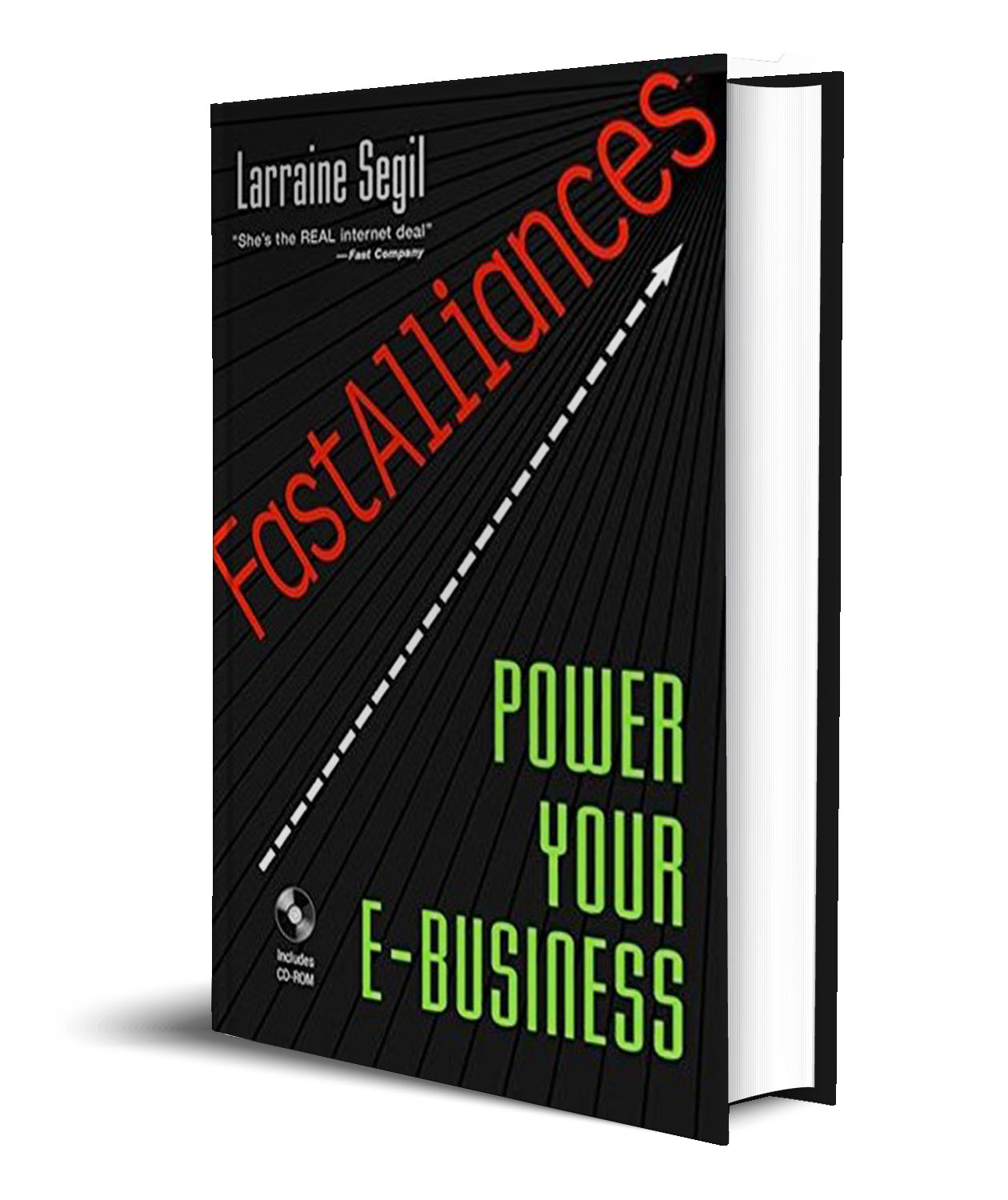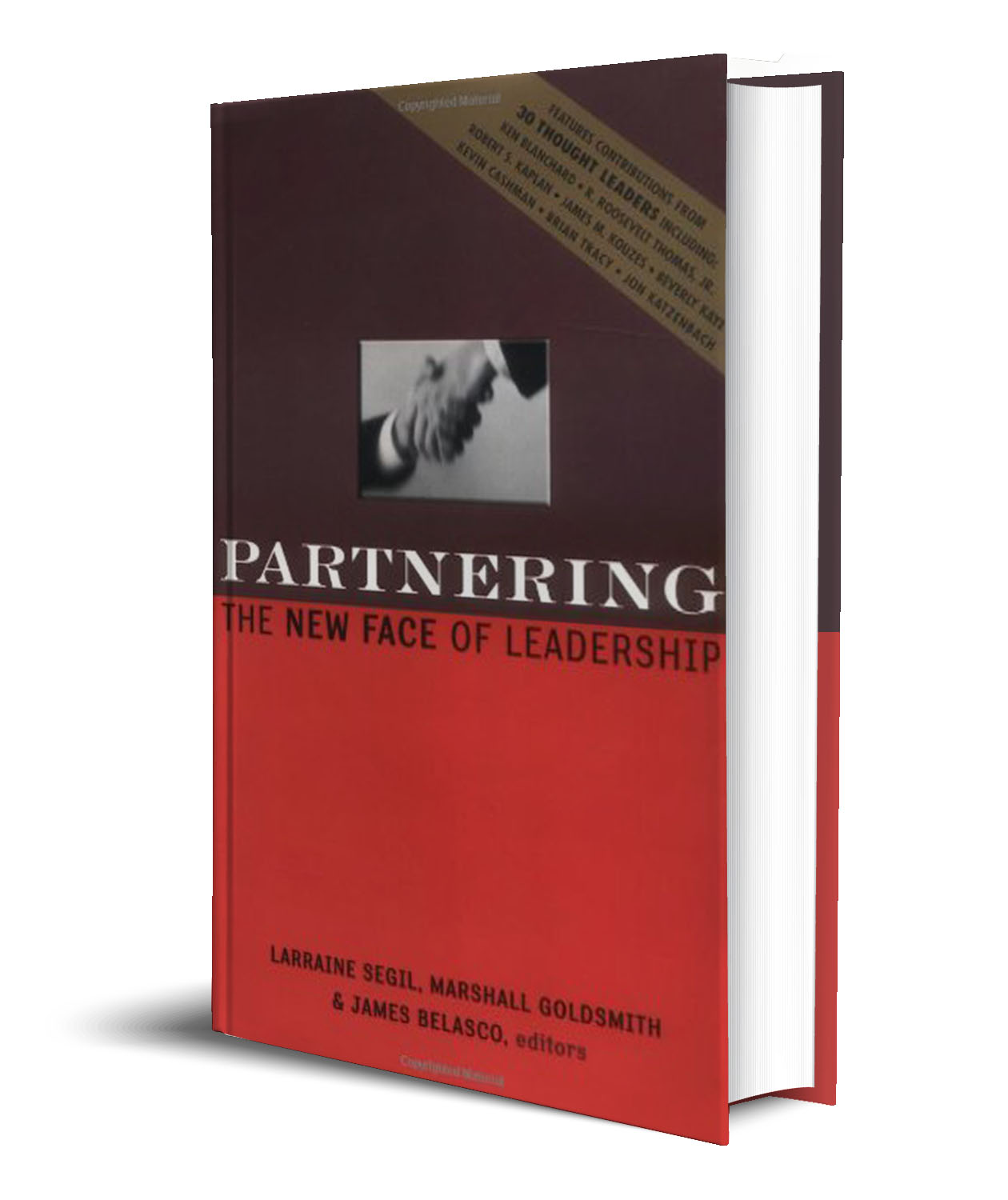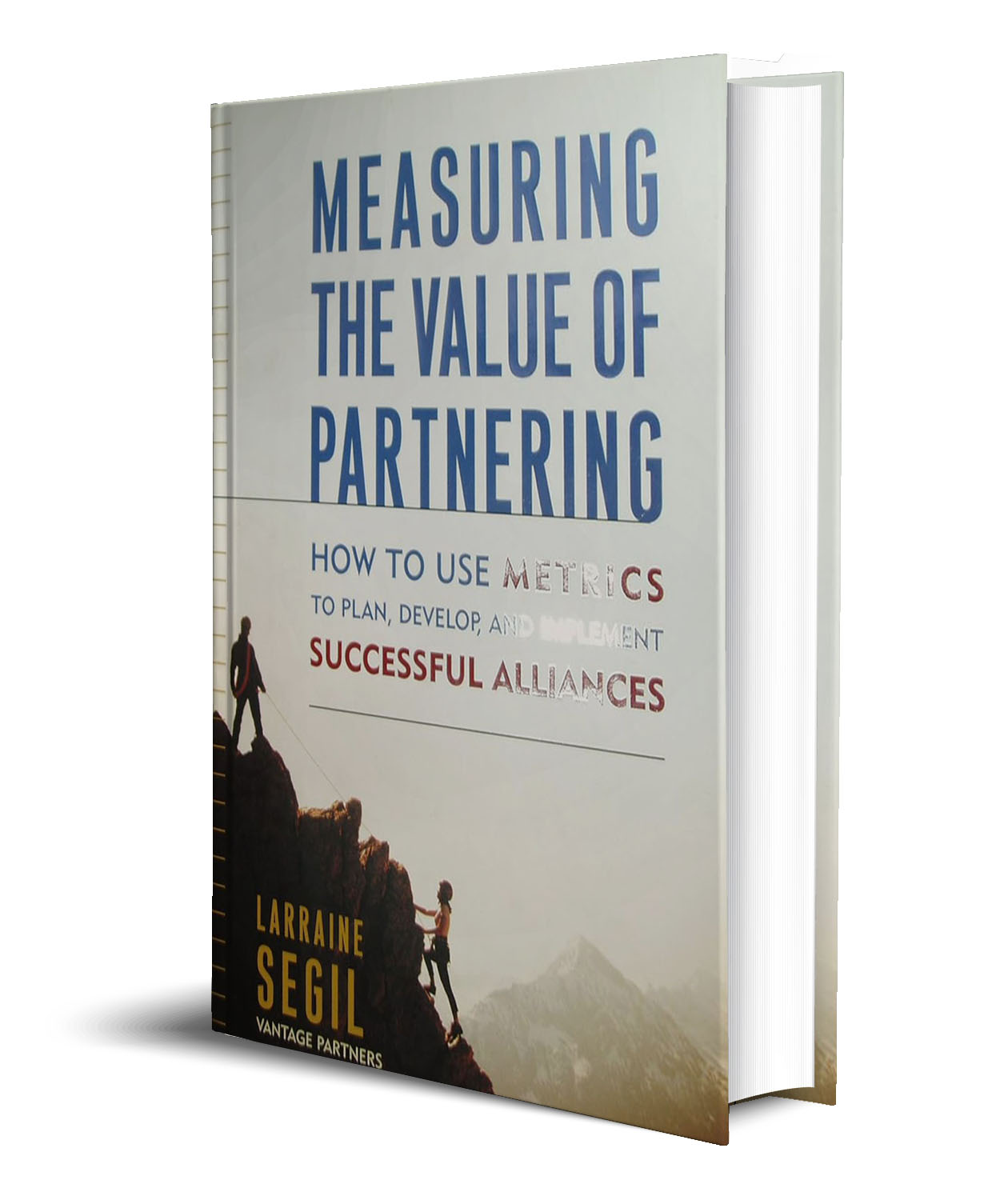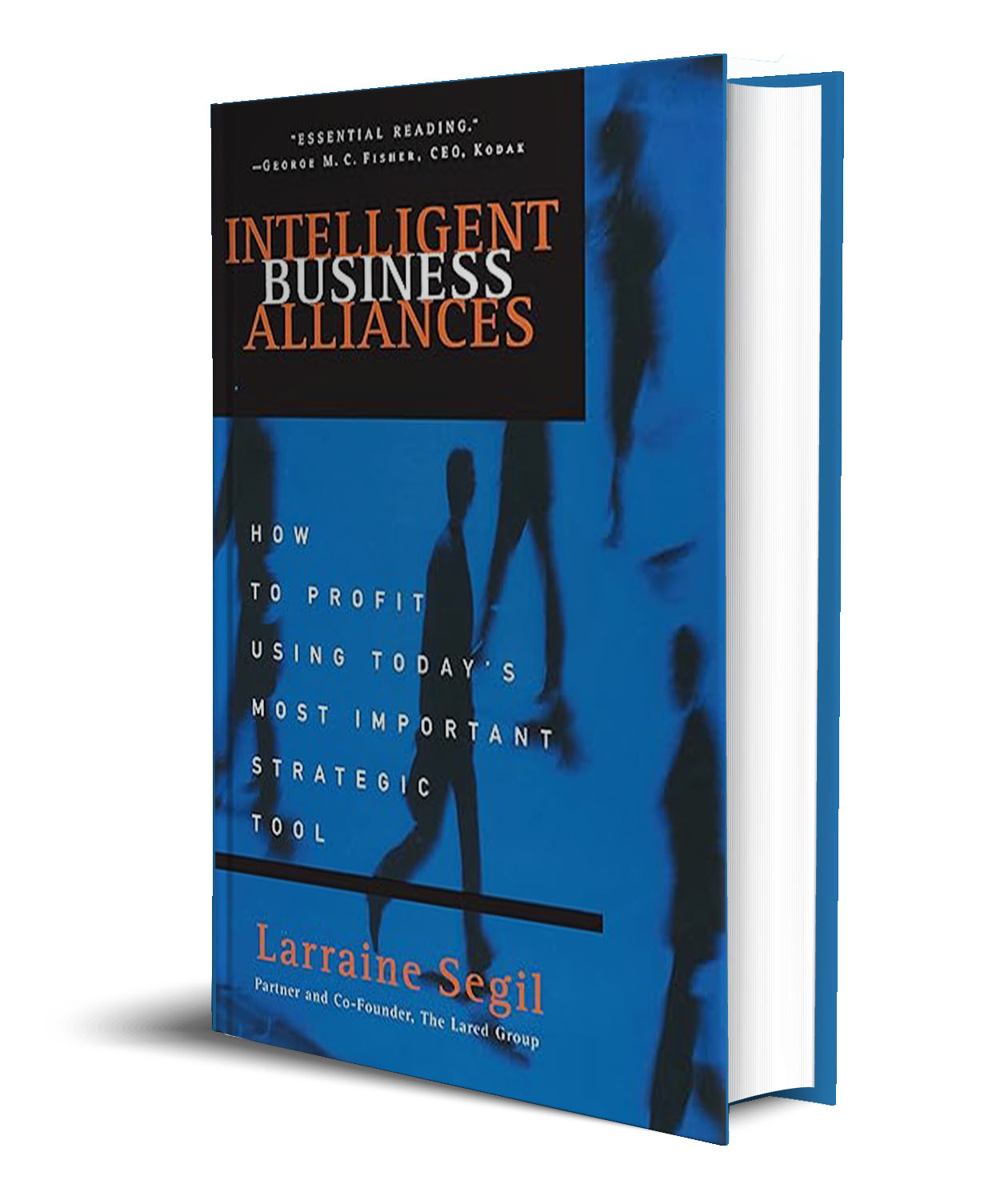The secret to strategic alliances that last
How smart alliances lend a hand to help midmarket growth.
By Melanie Haiken, Business 2.0 Magazine
November 27 2006: 7:21 PM EST
(Business 2.0 Magazine) — It might seem like the simplest thing in the world to join forces with companies whose interests are complementary to yours. But statistics tell another story.
“The fact is, 65 to 70 percent of strategic alliances fail,” says Larraine Segil, author of Intelligent Business Alliances and Measuring the Value of Partnering. “Most often, the issues that come up reveal inadequate attention to building the relationship and aligning business interests and goals.”
And you can’t afford to fail: In a global economy, experts say, strategic partnering is both the surest road to growth and the best insurance against failure.
To ensure that your partnerships push you up the ladder rather than down, here are a few of Segil’s golden rules for success.
1. Do due diligence on prospective partners.
Check for gaps in skills and competency; can they deliver what you’re looking for? Investigate prospective partners by talking to other companies they’ve partnered with, and examine their relationships for conflicts and synergies. Segil calls this analyzing the spider network.
2. Make sure your partnership has approval and support.
That means gaining the backing of the executive suites in both organizations.
3. Analyze the value each partner puts on the alliance.
It doesn’t have to be equally important to both sides, Segil says, as long as it’s of real benefit to both. “Too often, partnerships fall apart because one party starts to gripe that the other party is getting more out of the relationship. But that’s a false measure,” she says. “The real question is, Are you getting more out of this relationship than you would have without it? Then it’s still a value-add, whether it’s equally beneficial or not.”
For a midsize company looking to grow, an alliance with a much bigger company can be like grabbing onto the back of a train.
An example is the partnership forged between Acxiom, a leader in customer data mining, and Accenture, a global management-consulting firm. Based in Little Rock, Ark., Acxiom provides customer data to everyone from Ford (Charts) and Nissan (Charts) to Condé Nast and Blockbuster (Charts).
Accenture – the Bermuda-based consultant to an A-list of multinational telecommunications, energy, aerospace, and financial services firms – is now embedding Acxiom’s customer database directly into Accenture’s client-specific customer-relationship management solutions.
In other words, Accenture is taking Acxiom with it all over the globe.





Leave a Reply
You must be logged in to post a comment.